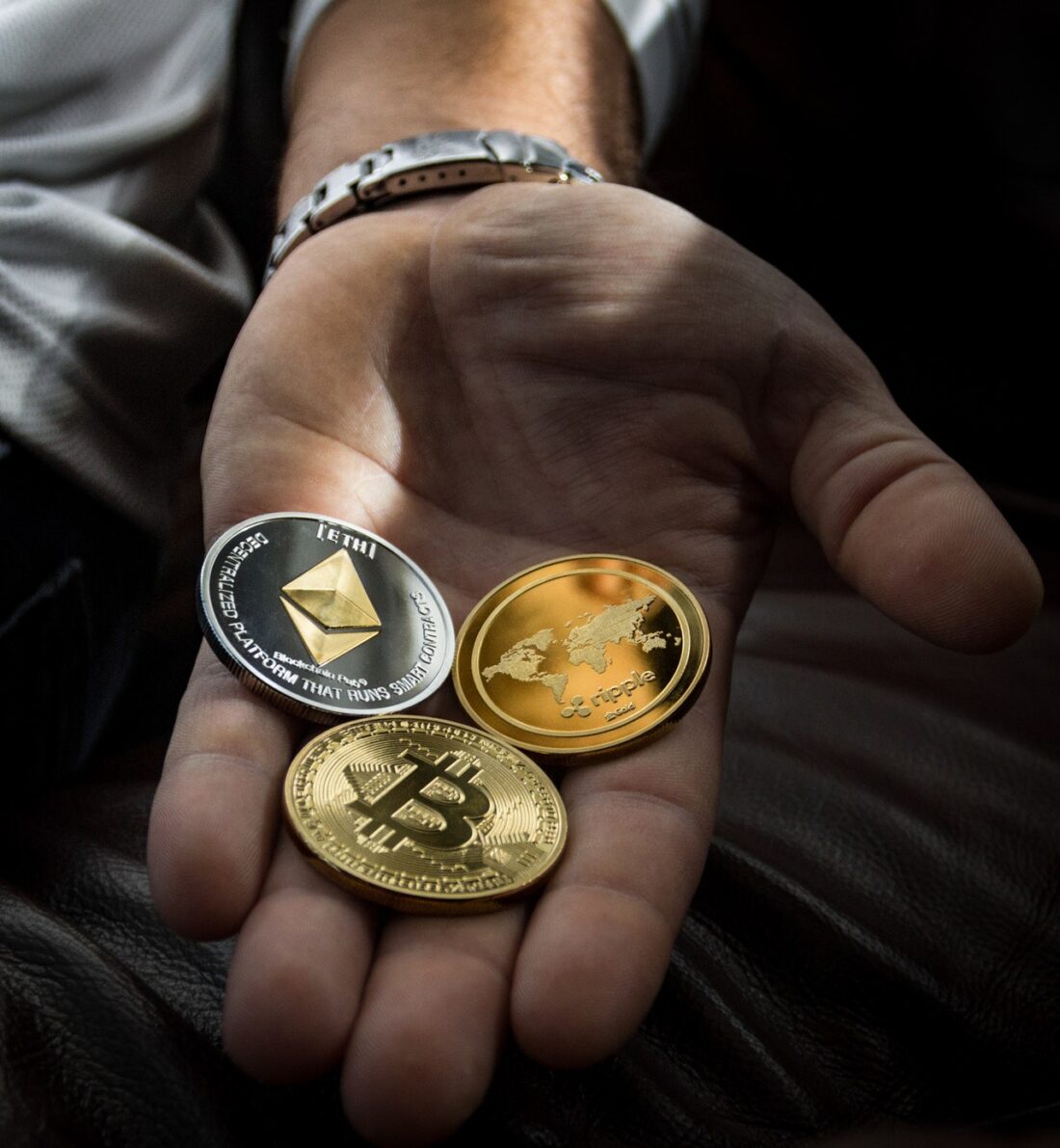The cryptocurrency, or crypto, market has been growing rapidly since its early years. In 2009, Bitcoin was worth less than $0.01. In 2017, its price skyrocketed to over $4,000 per coin.
There are many reasons people should invest in cryptocurrency, and Earnity co-founders Dan Schatt and Domenic Carosa explain some of them in today’s article.
Cryptocurrencies are more valuable than fiat currencies (such as the US dollar) because they have a limited supply. Fiat currencies can be printed out by governments at any time, whenever they want, which decreases their buying power over time. Also, banks could potentially run out of money and not give people access to their savings. However, cryptocurrencies cannot be printed out (except Litecoin), so one knows exactly how much is in circulation at any time.
An additional benefit of cryptocurrencies is that they help keep private information private. When buying something online, personal information can be hacked by those looking for ways to steal sensitive data such as credit card information.
Cryptocurrency is generally much harder to hack because it is decentralized—there are no companies or countries that control the currency, and, thus, everyone always has access to it.
Also, cryptocurrency helps reduce transaction costs. When purchasing something online, a third party is often needed to process the payment. This company charges a fee for its services and this cost gets added to the price of what one is buying. Earnity has seen how cryptocurrencies allow people to process payments anonymously at a reduced cost, making it much cheaper to buy things online.
Lastly, Dan Schatt and Domenic Carosa note that cryptocurrency helps avoid chargebacks. When buying something using a credit card or via PayPal, the company involved can require an item to be returned after a purchase because someone claims they didn’t receive it or that it wasn’t what they ordered. This could be a problem for store owners who have to go through disputes and chargeback fees. However, cryptocurrencies allow the buyer to choose when they receive an item, meaning merchants cannot be at risk of getting chargebacks in the future.













Comments